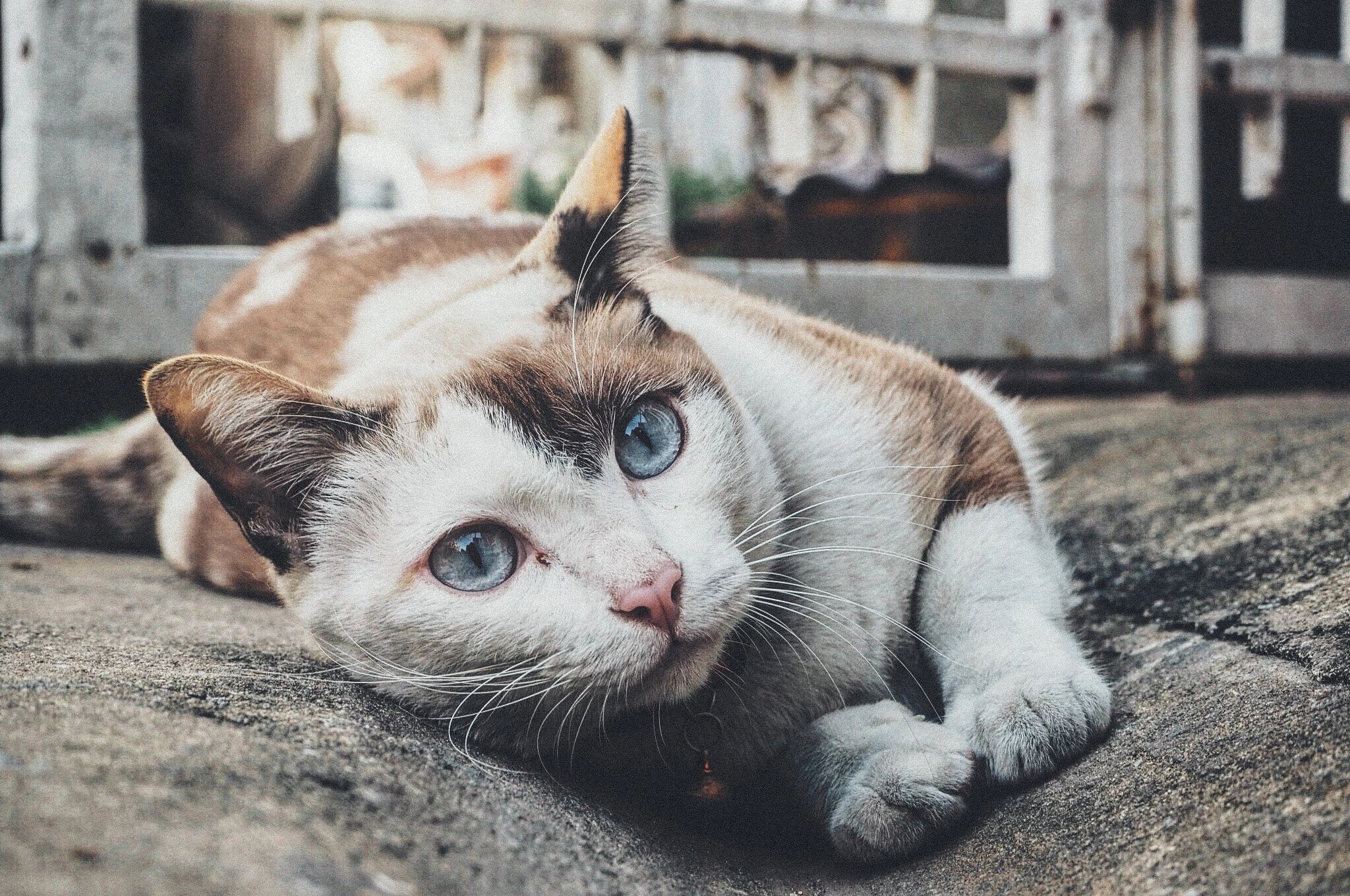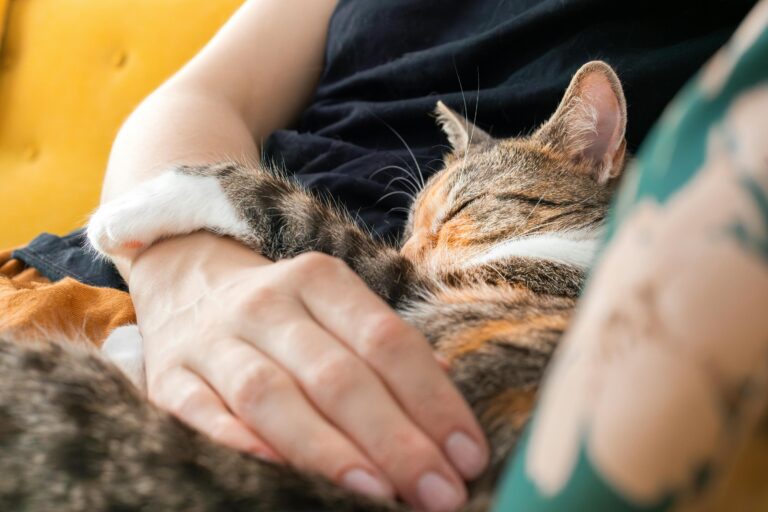Natural Solutions for Managing Your Pet’s Digestive Disorders
Digestive issues are common in pets and can cause significant distress for both animals and their owners. Symptoms like diarrhea and vomiting, as well as chronic conditions like irritable bowel syndrome, highlight the need for maintaining a healthy digestive system for your pet’s overall well-being. Thankfully, natural approaches including metabolomic insights, orthomolecular nutrition, and functional foods offer effective ways to manage these conditions.
Understanding Pet Digestive Health
A robust digestive system is essential for your pet to absorb nutrients and eliminate waste efficiently. However, like humans, pets can experience digestive disturbances that significantly impact their health. Early recognition of signs such as loss of appetite, bloating, excessive gas, and changes in stool quality or frequency is crucial in preventing more severe health issues.
Metabolomic Insights into Pet Digestive Health
Metabolomics, the study of chemical processes involving metabolites, provides deep insights into your pet’s nutritional status and metabolic needs. This scientific approach helps tailor diets that can prevent or alleviate gastrointestinal issues. By identifying imbalances in your pet’s metabolites, veterinarians can adjust their diets to restore balance and enhance gut health.
Orthomolecular Approaches to Managing Digestive Disorders
Orthomolecular medicine involves using specific nutrients at optimal concentrations to prevent and treat diseases. In the realm of gastrointestinal health, probiotics and prebiotics play pivotal roles. Probiotics, beneficial bacteria that aid in food breakdown and nutrient absorption, along with prebiotics that promote a healthy microbiome, can significantly improve digestive functions and overall health when integrated into your pet’s diet.
Functional Nutritional Solutions
Functional foods contribute to health beyond basic nutrition. For pets, ingredients like pumpkin and omega-3 fatty acids from fish oils can enhance gastrointestinal function. Pumpkin helps normalize stool consistency due to its high soluble fiber content, while omega-3s have anti-inflammatory properties that can reduce gastrointestinal inflammation.
Case Studies and Research
Extensive research underscores the benefits of dietary interventions in managing pet digestive disorders. Studies highlight how specific nutrients, identified through a comprehensive dietary assessment, are crucial in managing gastrointestinal diseases in dogs and cats.
Practical Tips for Pet Owners
When integrating natural and nutritional solutions into your pet’s diet, it should be approached with care:
- Consult with a Pet Nutrition Professional: Always consult a veterinarian before making dietary changes, especially for pets with existing health issues.
- Gradual Introduction: Introduce new foods or supplements gradually to monitor their effects on your pet’s digestion.
- Quality Ingredients: Opt for high-quality, natural ingredients to minimize additives and preservatives that can exacerbate digestive problems.
Conclusion
Managing your pet’s digestive health naturally involves a blend of science-backed approaches. By understanding and catering to the specific needs of your pet, and integrating natural solutions into their care routine, you can help ensure a vibrant, healthy, and active life for your beloved companion.
Ready to transform your pet’s digestive health with natural solutions?
Don’t wait for symptoms to worsen. Consult with your veterinarian and explore our tailor-made nutrition plans today. By incorporating metabolomic insights, orthomolecular nutrition, and functional foods into their diet, you’re not just treating symptoms, you’re paving the way to a healthier, happier life for your furry friend. Start your pet’s journey to better digestive health now! Dive deeper into our resources or contact us for a personalized consultation. Your pet’s well-being is our priority, and together, we can achieve remarkable health improvements.







